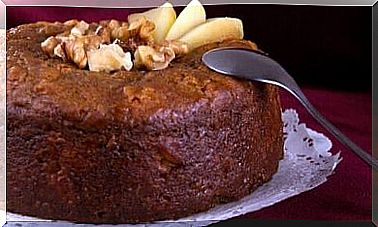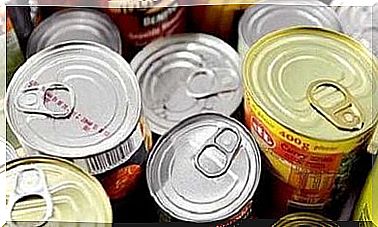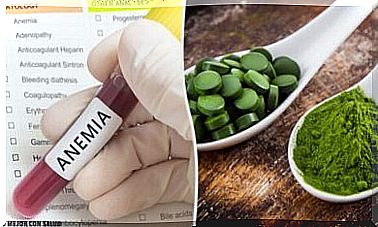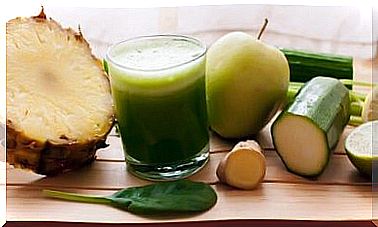Preventing Food Poisoning

In this article we present the necessary precautions to prevent food poisoning. The most common cause of food poisoning is the Salmonella bacterium , the risk factor of which is the consumption of raw or undercooked eggs.
In particular, during the summer, or when temperatures are higher, the chances of salmonellosis increase.
It is therefore necessary to adopt a series of precautions to protect health and prevent the appearance of possible intoxications. Take this into account!
Key factors in preventing food poisoning
According to information published in the medical journal Paediatrics & Child Health , children, the elderly and people with weak immune systems tend to suffer the most from food poisoning.
However, the same source points out that preventative measures exist that help promote the safety of foods consumed by the whole family. In the following lines we see the most important.
Cook the foods well
Most bacteria that cause infections or poisoning are poorly resistant to heat and cold. Their ideal temperature range is quite narrow and tends to resemble the body temperature of humans.
Therefore, the complete cooking of food is an excellent tool to eliminate possible pathogenic bacteria. In some cases, this heat treatment is carried out by the producer itself, as in the case of milk.
As for meat or eggs, however, it is the duty of every consumer to carry out a complete cooking before consumption. Leaving the inside of the meat raw is risky to health, especially if the method of preservation after cooking has not been carried out completely correctly.
A typical example is the minced meat found in burgers. Sometimes large quantities of the E. coli bacterium lurk inside. To ensure the healthiness of the meat, the latter must reach a temperature of 71 ° C inside.

Freeze fish to prevent food poisoning
Other pathogenic organisms, such as anisakis , are sensitive to cold. Freezing fish predisposed to harbor these organisms, such as cod, ensures their death. Subsequently, a complete cooking capable of destroying the larvae that may be present significantly reduces the risk of food poisoning.
It is important to emphasize that the intoxication caused by this organism is particularly dangerous, as it can trigger an anaphylactic reaction, as stated by research published in the journal Internal Medicine .
Defrost food in the refrigerator
Thawing food at room temperature facilitates the reproduction of pathogenic organisms that may be inside them and the hatching of eggs. In this case, it is recommended to use the refrigerator as a tool for defrosting products. Microwave defrosting is also an effective option.
Avoid contact between raw and cooked foods to prevent food poisoning
This helps prevent cross-contamination of food. It is important to separate the meat from the fish and seafood both during their storage and during handling before cooking.
Do not store tomato sauce preserves open for more than 3 or 4 days
A very common mistake, a source of botulism contamination, is to leave the cans of tomato sauce open in the refrigerator for several days. These foods represent an excellent growing environment for Clostridium botulinum .
It is the bacterium that produces botulinum toxin (botox), which if ingested causes a progressive paralysis of the body and organs, triggering a multisystem deficit. This bacterium and its toxin are quite sensitive to heat; consequently, proper cooking reduces the risk of intoxication.
Nevertheless, it is advisable to keep the tomato sauce in hermetically sealed jars (preferably vacuum-packed) and consume it within 3 or 4 days from the date of opening.
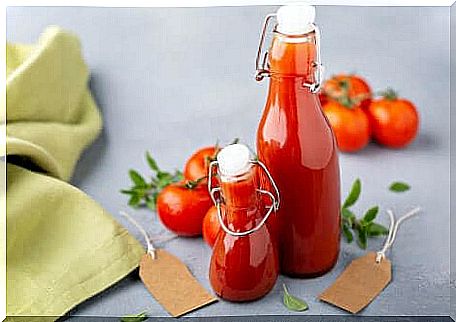
If in doubt, throw it away
If you suspect that a food may be contaminated or if it has an unpleasant smell or a rancid taste, throw it away. Common sense is often enough to prevent food poisoning.
In the face of the slightest doubt, it is better to throw away the food in question rather than suffer unpleasant consequences as a result of its consumption.
But beware: not only foods that have a bad taste, appearance or an unpleasant smell are contaminated. Even those that still look good in appearance may contain pathogens.
If you have doubts about their conservation status or if you think they may have come into contact with contaminated food, it is best to avoid consumption.
Foods predisposed to contamination
- Raw or undercooked beef and chicken.
- Raw or undercooked fish or seafood.
- Raw or undercooked eggs.
- Raw sprouts, such as alfalfa.
- Unpasteurized milk and dairy products.
- Soft cheeses.
- Paté and meat creams.
- Hot dogs, canned meat and cold cuts.
Beware of diet to prevent food poisoning
Have you ever suffered from food poisoning? Are you afraid that your food will get contaminated? Don’t forget to take all these preventative measures right away. Also, if you have any symptoms of intoxication, see your doctor asap.

